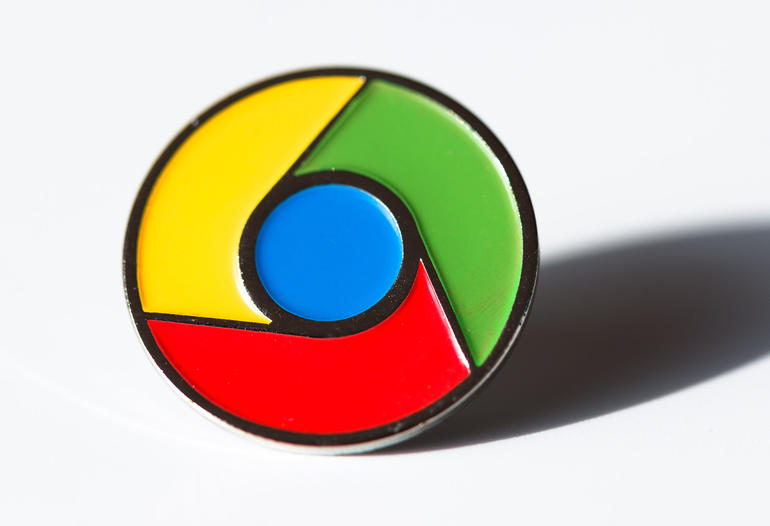Google takes Chrome 64-bit for speed boost on Windows

Google has released test versions of its Chrome browser for PCs with 64-bit chips, a move that will improve performance, security, and stability.
The mainstream stable version of Chrome and its beta precursor haven't yet made the change, but Google offers a 64-bit installer for the very rough Canary and more polished Dev versions of the browser.
"The majority of our users on Windows 7 or higher now have systems capable of running 64-bit applications, and this version of Chrome can take full advantage of these newer capabilities," said Chrome programmer Will Harris in a blog post Tuesday.
Even as consumers embrace mobile apps, browsers remain crucial to how people use their computers. But it's tough to keep up in the browser world today.
Developers must constantly update their software with new Web technologies, protect browsers from constant attack over the network, and adapt their software to smartphones and tablets with less computing resources than a PC. Dealing with the ARM chips that power mobile devices is a relatively new phenomenon, but the move to 64-bit chips began well before that.
AMD and Intel began the long transition to 64-bit computing a decade ago with the introduction of their 64-bit chips. Compared to the 32-bit chips they've now largely replaced, 64-bit chips offer access to vastly more memory than the 4GB limit imposed on computers with 32-bit chips. That's not the primary constraint for browsers, at least today, though. So what's useful about making the move?
Harris pointed to three areas:
One complication in the past for the 64-bit transition is incompatibilities with browser plugins such as Oracle's Java and Adobe Systems' Flash Player. However, this is minimized because Google is dumping support for most plugins as it retires the interface, NPAPI, that they use. Chrome extensions, which are built with a browser's native interface instead, make the transition more gracefully, including those written with Google's Native Client software, the company said.
"All existing extensions and Native Client content should work without issue," spokeswoman Veronica Navarrete said. "64-bit NPAPI plugins like Oracle Java and Microsoft Silverlight work as well. However, 32-bit NPAPI plugins are not supported, and we will not be adding support because we plan on removing NPAPI entirely at the end of this year."
A 64-bit version of Chrome for Mac is under development. Mozilla's Firefox is still 32-bit on Windows but 64-bit on Linux and OS X; Microsoft's Internet Explorer arrived in a 64-bit option with version 10; and Apple's Safari went 64-bit in 2009. Google started its 64-bit Chrome with its Linux version in 2009.
64-bit Firefox for Windows is under way, said Mozilla Engineering Director Vladimir Vukicevic: "For 64-bit Firefox on Windows, we are in the process of setting up our automated testing for this platform to make sure that it gets the same daily testing coverage as all of our other platforms do. Windows 64-bit builds of Firefox are already available in our 'Nightly' early tester channel, and we have many testers already using these builds without problems. Once we have continuous testing set up, we should have more news to share about timing for a full 64-bit Firefox release on Windows."